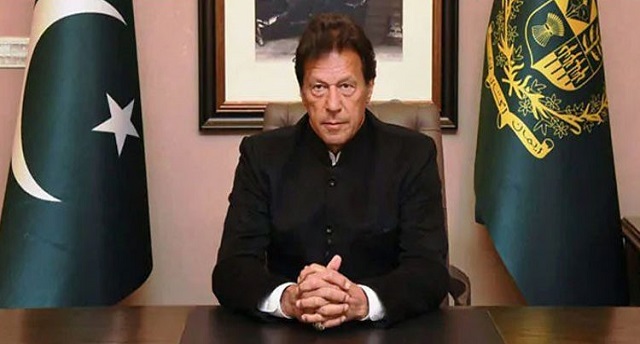December 9, 2020

When Prime Minister Imran Khan visited Kabul on November 19th, the air was already filled with positivity. Khan made it abundantly clear that peace in Afghanistan was as dear to him as peace in Pakistan. To underline this, he expressed serious concern over the unusual levels of violence in Afghanistan and in an indirect message to Taliban, made it clear that the way forward for the intra-Afghan negotiations was a marked reduction in violence.
The prime minister has reportedly also issued orders that no border will be closed without his prior permission. This will put an end to arbitrary closure of the border by local security commanders, as has been happening in the past.
Much before this visit, a number of confidence building measures (CBMs) had been in place to improve the optics of the strained relationship.
Pakistan’s embassy in Kabul and other missions issued as many as 80, 000 visas in November, most of them multiple entry with a one year duration. Afghan students meanwhile are granted visas for the entire duration of their studies in Pakistan. They can even renew visas in Pakistan, without having to go back to Afghanistan for the renewal. Most registered businessmen are getting multiple entry visas for up to o five years, while patients and their attendants can obtain a three month visa at Torkham or Chamman.
Within days of Khan’s visit, Pakistan has decided to allow Ghulam Khan (North Waziristan) for its sugar and cement exports to Afghanistan in order to decongest the Torkham crossing.The border itself will now operate for five days from 9 am to 9 pm and at least one of the two banks present at the Torkham point will remain open round the clock to facilitate the clearing process. You can gauge the goodwill from the fact that the number of entry-exit seals that official used has gone up from three to a staggering 55, Mohammad Sadiq, special envoy for Afghanistan recently told a focus group discussion of Pak-Afghan businessmen at Islamabad.
Pakistan is also likely to create a dedicated off-the-dock area for the entire Afghan transit cargo at the Karachi Port to facilitate quick clearance. Pakistan is also likely to allow cross-topping of the transit cargo i.e. shifting of cargo from shipping company containers to local containers, which will free the importers from the worries about detention charges in case cargos get stuck inside Afghanistan.
Afghan traders have also been permitted to open bank accounts in Pakistan. They will have to, however, acquire a national taxation number (NTN) and then be able to make financial transactions for their bilateral trade.
Observers believe that the momentum generated recently must continue to create greater ease of doing business for Afghan importers. This may also help woo Afghan investors back into Pakistan, they opine.
Published under an arrangement between Afghan Studies Center (ASC) and MATRIX MAG.








